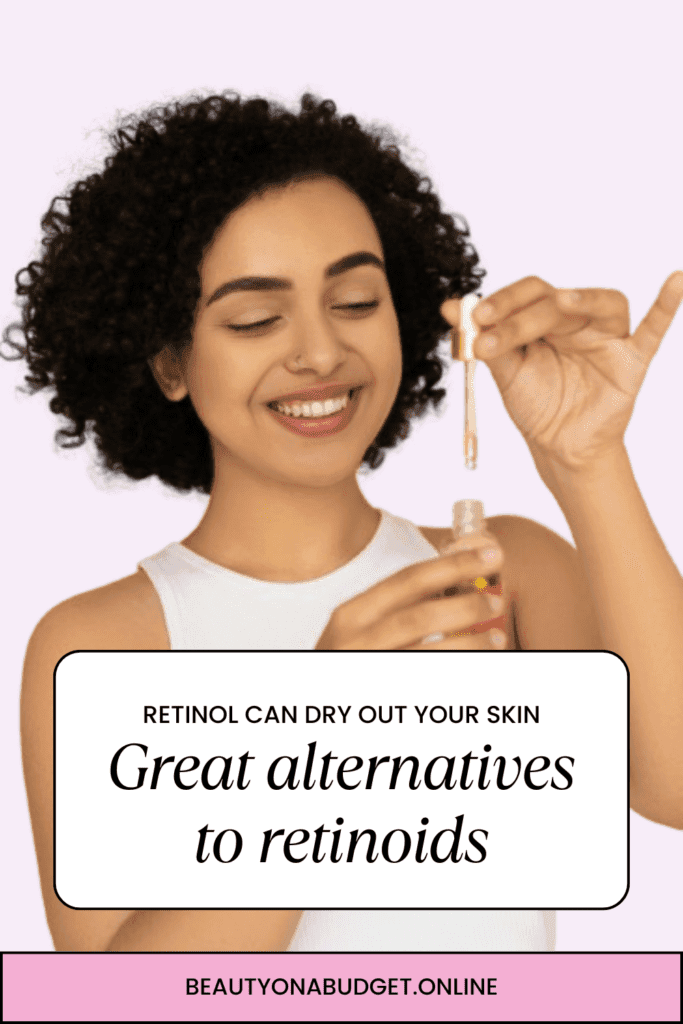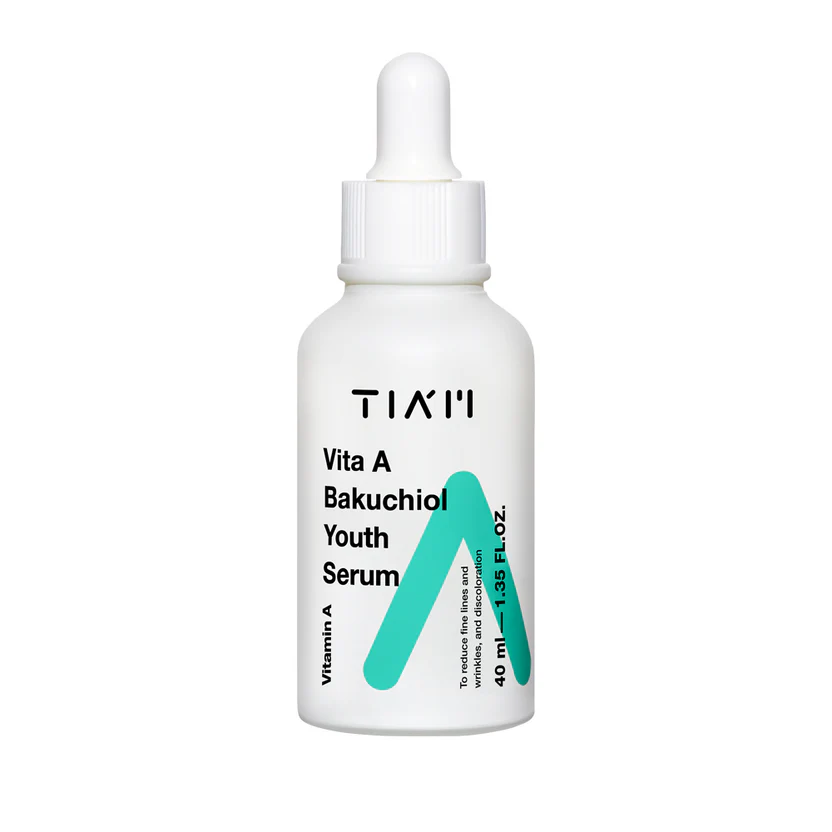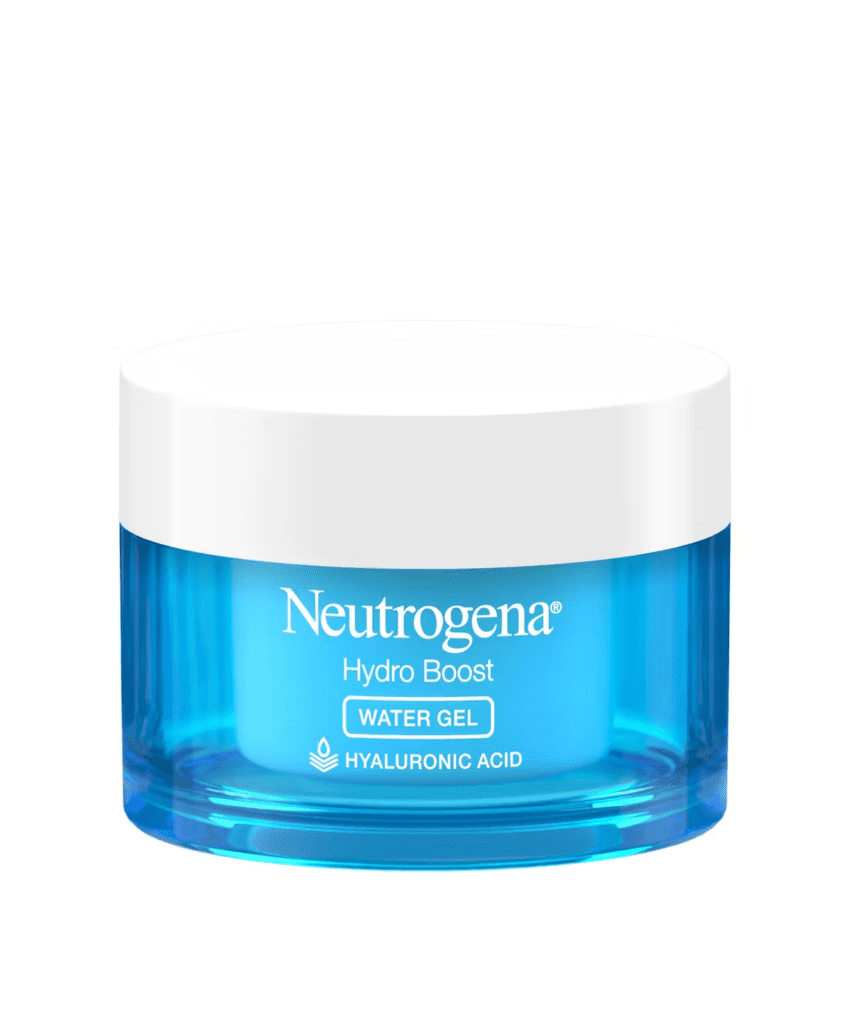
Retinol is a popular ingredient in anti-aging skincare. While it boasts impressive benefits like reducing wrinkles, sun damage, and pore size by promoting cell turnover and collagen production, it can also come with drawbacks. The increased cell turnover can trigger dryness, redness, peeling, and irritation, especially for beginners.
Additionally, retinol makes skin more vulnerable to sun damage, necessitating daily sunscreen use. People with sensitive skin conditions or pregnant/breastfeeding women should avoid retinol due to potential risks.
So, here are some great alternatives with the same benefits and more.
1. Bakuchiol
Often dubbed a “gentler retinol,” bakuchiol is a plant-based extract with retinol-like properties. Bakuchiol is generally less irritating, and may carry a lower risk of side effects like redness or flaking.
Benefits of Bakuchiol
- Stimulates collagen production, leading to reduced wrinkles and increased skin elasticity.
- Less likely to cause irritation compared to traditional retinoids, making it suitable for sensitive skin.
- Can be used during the day without increasing sun sensitivity, unlike retinoids.

2. Peptides
Peptides are short chains of amino acids, the building blocks of proteins like collagen and elastin, which are essential for youthful, plump skin. As we age, our natural production of these proteins slows down, leading to wrinkles and loss of firmness.
Benefits of Peptides
- Stimulate collagen and elastin production, leading to a reduction in fine lines and wrinkles.
- Improve skin firmness and elasticity, creating a more youthful appearance.
- Different peptides address specific concerns, so you can choose based on your needs. For example, some peptides can help reduce inflammation or hyperpigmentation.

Ginseng
- Rich in antioxidants that combat free radical damage, helping to reduce wrinkles and signs of aging.
- Promotes collagen production, leading to increased skin elasticity and firmness.
- Has anti-inflammatory properties that can soothe redness and puffiness.
- May help brighten the complexion by reducing hyperpigmentation and promoting healthy cell turnover.
Types of Ginseng
- Korean Red Ginseng: Considered the most potent variety, often used in skincare products due to its higher concentration of active compounds called ginsenosides.
- Panax Ginseng (Asian Ginseng): This is the most common type of ginseng overall and is likely what you’ll see listed in skincare ingredients. It’s generally considered more stimulating than other varieties.
- American Ginseng: This type of ginseng has a milder, more refreshing effect than Korean red ginseng. It might be a good option for people with sensitive skin.
- Siberian Ginseng (Eleuthero): Technically not a true ginseng, but often included due to its similar properties. It’s believed to help with collagen production but has less research on its topical benefits for skin.
- White Ginseng: This is ginseng that has been air-dried or sun-bleached. It’s less common in skincare than red ginseng but may still be used in some products.
How to Incorporate Ginseng
- Look for serums, moisturizers, or eye creams containing ginseng extract.
- Ginseng can be combined with other beneficial ingredients like vitamin C, niacinamide, or hyaluronic acid for a well-rounded routine.
Additional Benefits of Ginseng
- May help improve blood circulation in the skin, leading to a more radiant appearance.
- Some studies suggest potential benefits for wound healing and reducing the appearance of scars.

Niacinamide (Vitamin B3)
Those struggling with acne love niacinamide as it helps regulate oil production and reduce breakouts. It helps minimize pores and even skin tone. Niacinamide is a gentle yet powerful ingredient that can be a valuable addition to most skincare routines.
Benefits of Niacinamide
- Anti-inflammatory: Soothes redness and irritation, making it ideal for sensitive skin.
- Regulates sebum production, leading to less visible pores and a smoother texture.
- Strengthens the skin’s natural barrier, improving moisture retention and overall health.
- Reduces hyperpigmentation and evens skin tone for a more radiant complexion.

Retinol is a powerful anti-aging ingredient but it is not a one-size-fits-all. There are other ingredients that are capable of helping retain skin elasticity and give you that healthy glow. It’s important to pick the product that works best for your skin.
Interested in developing a healthy skincare routine? Download our free skincare planner. In there, you can understand more about your skincare products and develop consistent habits that will get your skin glowing.



